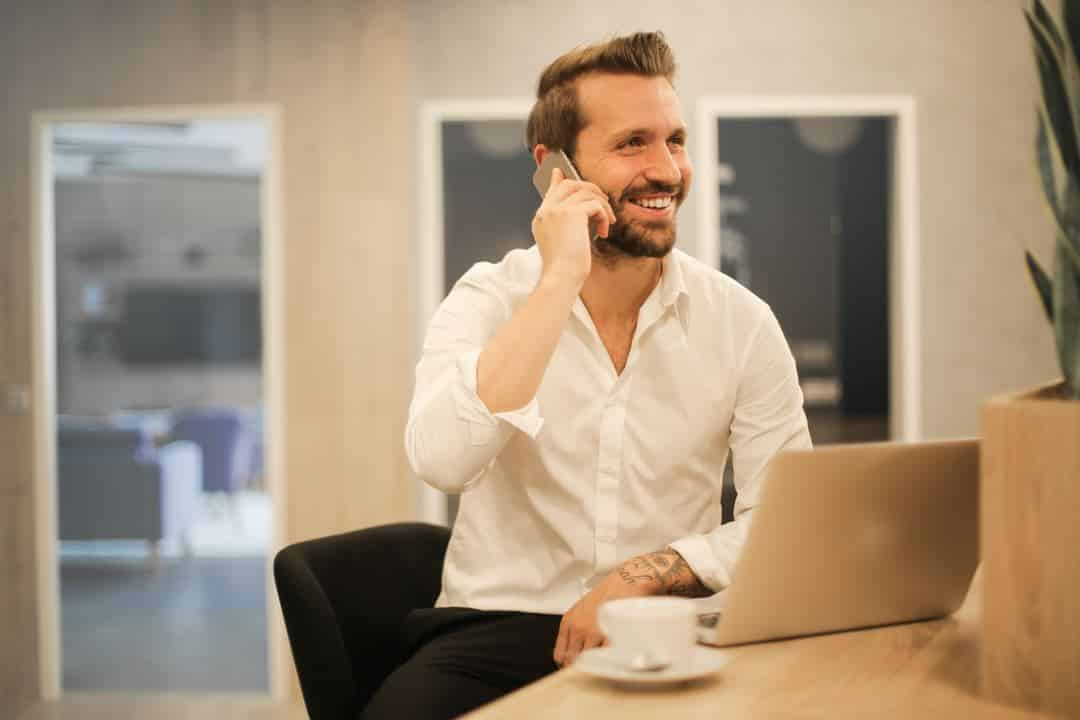The Spontaneous Use of Humour by Career Counsellors
Keywords:
humour, career counselling, adolescentsAbstract
This article focuses on the use of humour by psychologists in career counselling interviews, a quite neglected field of research. Using a qualitative approach, we analyzed the spontaneous humour initiated by career counsellors in sixteen actual vocational interviews. Results show three levels of humorous intervention: conceptual, formal and attentional. Moreover, humour can be associated with a variety of different emotions. Humour was used for two major purposes: to grasp the situation and to support the development of the client’s educational or vocational plan.
References
Bordin, E. S. (1979). The generalizability of the psychoanalytic concept of the working alliance. Psychotherapy: Theory, research & practice, 16(3), 252-260.
Collinson, D. L. (1988). ‘Engineering humour’: masculinity, joking and conflict in shopfloor relations. Organization Studies, 9(2), 181-199.
Eysenck, H. J. (1942). The appreciation of humour: an experimental and theoretical study. British Journal of Psychology. General Section, 32(4), 295-309.
Franzini, L. R. (2012). Just kidding: Using humour effectively. Rowman & Littlefield.
Furman, B., & Ahola, T. (1988). The use of humour in brief therapy. Journal of Strategic and Systemic Therapies, 7(2), 3-20.
Gottfredson, L. S. (2005). Applying Gottfredson’s theory of circumscription and compromise in career guidance and counseling. In S. D. Brown & R. W. Lent (Eds.),
Career development and counseling: Putting theory and research to work (pp. 71-100). Hoboken, NJ: Wiley & Sons.
Huteau, M. (2007). Représentations professionnelles [Occupational representations]. In J. Guichard & M. Huteau (Eds.), Orientation et insertion professionnelle : 75
concepts clés (pp. 374-380). Paris: Dunod.
Kubie, L. S. (1971). The destructive potential of humour in psychotherapy. American Journal of Psychiatry, 127(7), 861-866.
Kuiper, N. A., Martin, R. A., & Olinger, L. J. (1993). Coping humour, stress, and cognitive appraisals. Canadian Journal of Behavioural Science/Revue canadienne des sciences du comportement, 25(1), 81-96.
L’Écuyer, R. (1990). Méthodologie de l’analyse développementale de contenu: méthode GPS et concept de soi [Methodology for the content developmental analysis: GPS method and self-concept]. PUQ.
Martin, R. A. (2010). The psychology of humor: An integrative approach. Academic press.
Martin, R. A., Kuiper, N. A., Olinger, L. J., & Dance, K. A. (1993). Humor, coping with stress, self-concept, and psychological well-being. Humor: International Journal of Humor Research, 6(1), 89-104.
Martin, R. A., Puhlik-Doris, P., Larsen, G., Gray, J., & Weir, K. (2003). Individual differences in uses of humor and their relation to psychological well-being: Development of the Humor Styles Questionnaire. Journal of research in personality, 37(1), 48-75.
Masdonati, J., Perdrix, S., Massoudi, K., & Rossier, J. (2014). Working alliance as a moderator and a mediator of career counseling effectiveness. Journal of Career Assessment, 22(1), 3-17.
Massoudi, K., Masdonati, J., Clot-Siegrist, E., Franz, S., & Rossier, J. (2008). Évaluation des effets du counseling d’orientation : Influence de l’alliance de travail et des
caractéristiques individuelles [Assessment of the effects of career counseling : Inflenceof the workin alliance and of personal characteristics]. Pratiques psychologiques, 14(2), 117-136.
Pierce, R. (1985). Use and abuse of laughter in psychotherapy. Psychotherapy in private practice, 3(4), 67-73.
Poland, W. S. (1990). The gift of laughter: On the development of a sense of humor in clinical analysis. The Psychoanalytic Quarterly, 59(2), 197-225.
Rochat, S. (2017). Effects of motivational interviewing training in career counseling: A pilot study. Manuscript submitted for publication.
Ruch, W. (1998). Sense of humour: A new look at an old concept. In W. Ruch (Ed.), The sense of humour – Explorations of a Personality Characteristic (pp. 3-14). Berlin; New-York: Mouton de Gruyter.
Schultheiss, D. E. P. (2003). A relational approach to counseling: Theoretical integration and practical application. Journal of Counseling and Development: JCD, 81(3),
-310.
Schwab, J. R., & Syed, M. (2015). Qualitative inquiry and emerging adulthood: Meta-theoretical and methodological issues. Emerging Adulthood, 3(6), 388-399.
Smith, W. J., Vernard Harrington, K., & Neck, C. P. (2000). Resolving conflict with humor in a diversity context. Journal of Managerial Psychology, 15(6), 606-625.
Strick, M., Holland, R. W., van Baaren, R. B., & Van Knippenberg, A. D. (2009). Finding comfort in a joke: consolatory effects of humor through cognitive distraction. Emotion, 9(4), 574-578.

Downloads
Published
How to Cite
Issue
Section
License

This work is licensed under a Creative Commons Attribution-NonCommercial-NoDerivatives 4.0 International License.
















